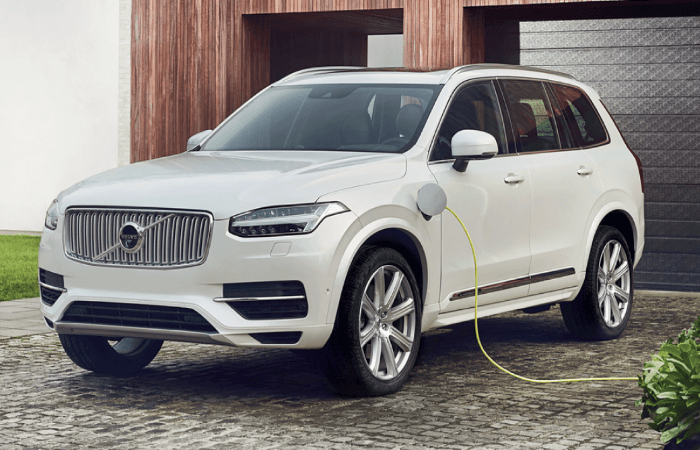European campaign group Transport and Environment (T&E) has called on governments to end subsidies for hybrid vehicles as in their research they have found that these vehicles emit far more CO2 than advertised. Calling the vehicles “fake electric cars built for lab tests and tax breaks”, the group has based its claim on results from testing three popular hybrid cars: the Mitsubishi Outlander, the Volvo XC60 and the BMW X5.
However, while BMW has so far not responded to the allegation, Volvo has retorted that all its production vehicles meet existing emission standards, while Mitsubishi’s representative has questioned the veracity of such independent tests.
UK bans the sale of non-electric cars from 2030, to spend £2.8 billion to promote e-mobility
The British government announced that it will ban the sale of all new non-electric cars in the country from 2030, and now joins the Netherlands, Germany and Ireland in their aggressive plans to phase out IC engine cars. The ban will apply to all new petrol and diesel cars and the government will instead spend £1.3 billion in beefing up charging infrastructure for electric cars, and £582 million as incentives for electric car buyers. It will also allocate £500 million in boosting the production of EV batteries, although the new ruling will allow hybrid vans and cars to be driven on the roads till 2035, provided that they can “drive a significant distance” with zero tailpipe emissions.
GM ups financial commitment to EVs in major realignment, to launch 30 new EVs by 2025
The CEO of General Motors (GM) announced that the automaker will be investing not $20 billion in developing its line of EVs (as promised before the pandemic) but $27 billion, and it will launch 30 new electric models by 2025 as it gears up to be one of the biggest EV manufacturers. GM has been known for producing gas-guzzling cars like the Hummer and its relatively fuel-inefficient line of Buicks and Cadillacs, but its CEO has admitted that “climate change is real”, and that it wanted to “put everyone in an electric vehicle”.
Incidentally, its $27 billion commitment to its electric line-up will exceed its investment in its petrol and diesel segments, and 40% of its new sales in the US will be battery powered by 2025. The firm’s Ultium line of batteries have also reportedly improved their range from 644 km to 724 km on a single charge.
Victoria follows New South Wales, to introduce per km tax on EVs
The Australian state of Victoria has approved the introduction of a per kilometre tax on EVs from July 2021, soon after New South Wales approved a similar measure. The tax is reportedly to ensure that “millionaire” electric car owners, who don’t pay for gasoline pay to use the country’s roads, just as average car owners do. It will impose a tax of 2.5 cents a kilometre (2 cents/km for hybrid vehicles), but the move has been sharply criticised by Australia’s Electric Vehicle Council as a tactic to discourage customers from buying electric cars — whose sales anyway account for less than 0.1% of the country’s car sales.
The move is also being panned as the tax will apply to used EVs as well, such as the popular second-hand Nissan Leaf, and will add an additional AUD 500 to its annual ownership costs. Other arguments include the observation that the taxes may be a way for the state and central governments to compensate for the eventual loss of revenue from fuel excise duties.
About The Author
You may also like
New report shows ways to build an efficient e-bus ecosystem in India
Corporate watchdog accuses Toyota of misleading marketing, greenwashing
Electrifying India’s Roads: Financing EVs – Challenges, Progress and the Road Ahead
Five lithium and cobalt mines identified in overseas exploration
India approves $7 billion plan for 10,000 electric buses in 169 cities in next 10 years


